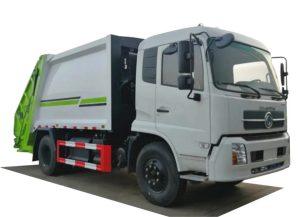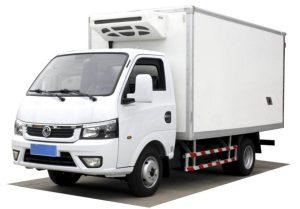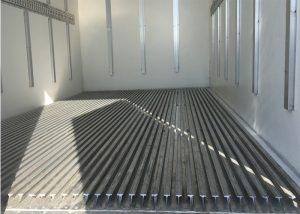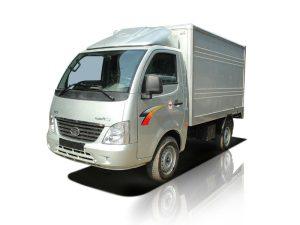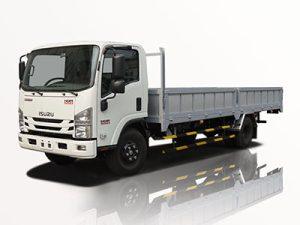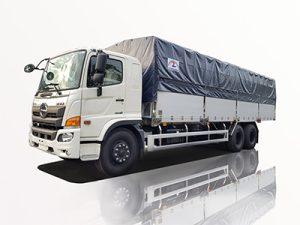Monday to Saturday - 8:00 -17:30
Peach State Garbage: A Comprehensive Guide to Waste Management in Georgia
The state of Georgia, famously known as the Peach State, is not only known for its delectable peaches but also for its waste management practices. Effective garbage disposal and recycling are essential for maintaining our environment. In this article, we will explore various aspects of garbage management in Georgia, the responsibilities of local governments, recycling programs, and practical tips for residents. This guide will also tackle common questions regarding waste management in Georgia to help you become more informed about the solutions available to you.
Understanding Garbage Management in Georgia
Garbage management in Georgia encompasses a variety of activities that aim to manage waste safely and efficiently. From residential garbage collection to industrial waste disposal, the strategies employed are designed to protect public health and the environment. Understanding this system is crucial for residents and business owners alike.
The Importance of Waste Management
Waste management plays a critical role in several key areas:
- Public Health: Proper garbage disposal reduces the risk of diseases transmitted by pests attracted to accumulated waste.
- Environmental Protection: Effective waste management protects natural resources by minimizing pollution.
- Sustainable Practices: Recycling and composting help in reducing the amount of waste sent to landfills.
Key Terms in Waste Management
Familiarizing yourself with terms will help you better understand garbage management:
| Term | Description |
|---|---|
| Municipal Solid Waste (MSW) | Waste produced by households and businesses that is collected by local governments. |
| Recycling | The process of collecting and processing materials to make new products. |
| Composting | The natural decomposition of organic materials, such as food scraps and yard waste. |
| Landfill | An area designated for the disposal of waste where it is buried under soil. |
The Role of Local Government in Waste Management
Local governments in Georgia play an essential role in managing waste. They are responsible for establishing and overseeing waste management services in their respective areas.
Garbage Collection Services
Many counties in Georgia offer curbside garbage collection for residents. This usually occurs once a week. Residents must follow specific guidelines for waste placement and composition.
Examples of Garbage Collection Services
Here are a few examples of garbage collection services provided in different counties:
- Fulton County: Offers curbside pickup with separate bins for recycling.
- Cobb County: Has a bi-weekly collection schedule for recyclables.
- Gwinnett County: Provides large-item pickup services on designated days.
Recycling in Georgia
Recycling is a crucial component of waste management that helps reduce landfill waste and conserve resources. Georgia encourages recycling through various initiatives and programs.
Types of Recyclable Materials
Commonly recycled materials include:
- Plastics (Types 1 and 2)
- Aluminum and tin cans
- Paper and cardboard
- Glass bottles and jars
How to Recycle in Georgia
To effectively recycle, follow these steps:
- Separate recyclables from your regular garbage.
- Ensure items are clean and free from food residue.
- Check with your local waste management authority for specific recycling guidelines.
Composting: A Sustainable Solution
Composting is an environmentally friendly way of managing organic waste. It reduces the amount of waste going to landfills and produces valuable compost that can enrich soil.
What Can Be Composted?
Common compostable materials include:
- Fruit and vegetable scraps
- Yard waste (leaves, grass clippings)
- Coffee grounds and filters
- Eggshells
How to Start Composting at Home
Starting a compost system at home is simple:
- Select a compost bin or create a pile in your backyard.
- Add a mix of brown (carbon-rich) and green (nitrogen-rich) materials.
- Turn the compost regularly to aerate it.
- After a few months, your compost will be ready to use in your garden.
Challenges in Waste Management
Despite efforts to improve waste management, Georgia faces several challenges:
Illegal Dumping
Illegal dumping poses significant environmental and health risks. Local authorities are working to combat this issue through awareness campaigns and stricter penalties.
Public Awareness and Education
Many residents lack awareness of proper waste management practices. Educational programs can help inform the community about recycling, composting, and the importance of waste management.
Tips for Reducing Waste in Everyday Life
Reducing waste is a personal responsibility that can significantly impact the environment. Here are some practical tips:
- Purchase items with minimal packaging.
- Use reusable bags, bottles, and containers.
- Donate unwanted items instead of throwing them away.
- Choose digital options to reduce paper waste.
Innovative Waste Management Solutions in Georgia
Innovations in waste management are helping Georgia improve its sustainability efforts:
Waste-to-Energy Programs
Some facilities in Georgia convert waste into energy, reducing landfill waste and providing renewable energy sources.
Smart Waste Collection Systems
Smart technology is being integrated into garbage collection systems, optimizing routes and schedules, and reducing emissions.
Future of Waste Management in Georgia
The future of waste management in Georgia focuses on sustainability, education, and technology. As residents become more conscious of their waste, the state’s waste management practices will evolve to reflect these values.
Frequently Asked Questions (FAQ)
What waste management services are available in Georgia?
Georgia offers a range of services, including curbside collection, recycling programs, and composting options through local governments.
How can I find out about my local recycling rules?
Visit your county’s waste management website or contact your local solid waste authority for specific recycling guidelines.
Is it illegal to dump trash on the side of the road in Georgia?
Yes, illegal dumping is prohibited in Georgia and can result in fines and legal repercussions.
Can composting help reduce my household waste?
Absolutely! Composting can significantly decrease the volume of waste sent to landfills by diverting organic materials.
What should I do if I see illegal dumping?
If you witness illegal dumping, report it to local law enforcement or your local waste management authority.
How can I encourage my community to recycle more?
Start by organizing community clean-up events, distributing educational materials, and advocating for local recycling programs.


